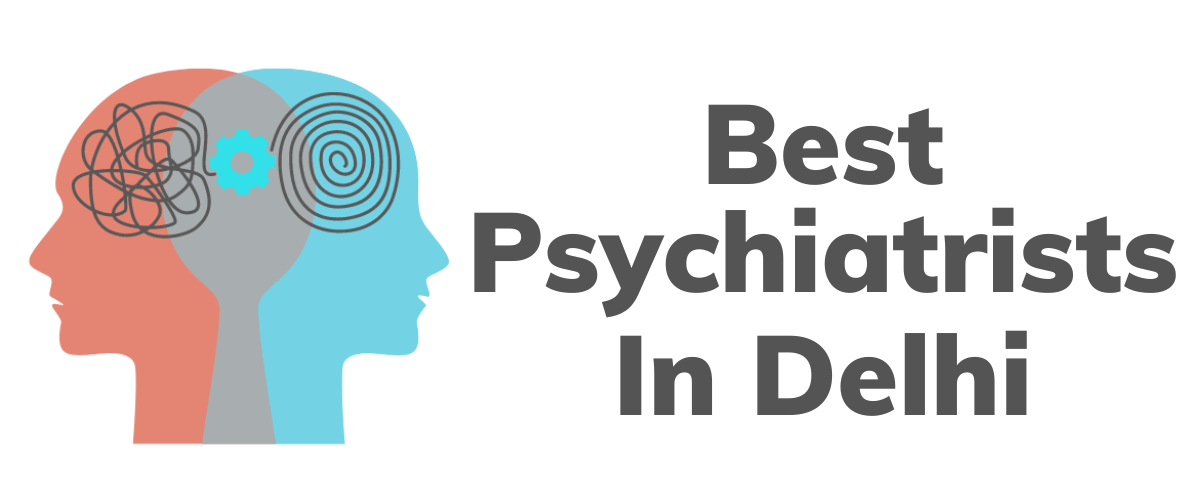Postpartum Depression
Postpartum Depression
Postpartum depression (PPD) is a complex disorder that manifests itself in a wide range of symptoms for some mothers. PPD is a severe form of postpartum depression that develops in the first four weeks after giving birth, as defined by the Diagnostic and Statistical Manual of Mental Disorders, Fifth Edition (DSM-5). Postpartum depression is identified by its symptoms and the time period between delivery and onset.
Postpartum depression has been linked to hormonal changes as well as those that occur in a woman’s social and psychological life after giving birth. Many new mothers go through a period of mental and emotional transition described by this statement. Treatments for PPD include talking therapies and medication.
Hormone levels drop precipitously after birth due to chemical adjustments. The exact connection between this deterioration and depression is unknown. However, it is well known that levels of the female reproductive hormones progesterone and estrogen increase by a factor of ten during pregnancy. They promptly back out after the baby is born. Within three days of giving delivery, a woman’s hormone levels are back to normal.
The social and psychological adjustments that accompany being a parent can raise the risk of depression.
The majority of mothers report feeling “baby blues” after giving birth. One in ten of these mothers will have more severe and longer-lasting postpartum depression. Postpartum psychosis, a more severe condition, strikes roughly 1 in 1,000 new mothers.
Also Read:
Reasons Why You Might Experience Postpartum Depression
In case you experience PPD, know that it is not your fault. Experts point to a wide range of potential causes and acknowledge that each individual may have a unique one. Some of the following may enhance a woman’s vulnerability to postpartum depression:
- Going through a traumatic experience like losing your job or having a health crisis
- A history of depression prior to or during pregnancy Younger maternal age (the younger the pregnancy, the higher the risk).
- Concerns about the pregnancy’s viability
- Mood disorders run in the family
- Becoming pregnant with multiple
- Bringing up a child who has special requirements or health problems
Have you ever suffered from depression or PMDD (premenstrual dysphoric disorder)?
- Lack of community support
- Divorce and marital strife
Various mental and emotional disorders may play a role in postpartum depression, but there is no single cause.
Hormones The precipitous fall in estrogen and progesterone levels that occurs after giving birth may play a role. Feelings of fatigue, lethargy, and depression may result from a decrease in the other hormones produced by your thyroid gland.
Insufficiency of Sleep Being sleep deprived can make it hard to deal with even the simplest of problems.
Anxiety. Having doubts about your ability to care for a newborn is understandable.
Self-Image It’s possible to feel unattractive, confused about who you are, and powerless over your own life. Postpartum depression may have its roots in any of these issues.
Postpartum Depression: Identifying the Signs and Symptoms
Recognizing the signs of postpartum depression might be difficult. After giving birth, many mothers experience the following symptoms:
- Trouble falling asleep
- Changes in Appetite
- Fluctuating emotions
- Exhaustion to the max
- Decreased desire
Rarely seen after childbirth, these more major depressive symptoms often occur in tandem with PPD and may include:
Death wants or suicidal ideation Having bad intentions
Not connecting with your child or feeling like you care about them
Constant crying and sadness Extreme anger and grumpiness
Disappointment in life
Feelings of hopelessness and despondence
Inability to concentrate or make a choice
One to three percent of women report the onset of OCD symptoms in the postpartum period. Fears of harming the newborn or concerns for the infant’s health might lead to obsessive behaviors. Anxiety issues are also a possibility. It’s conceivable for these disorders to coexist with depression.
Postpartum depression needs to be treated right away, for the sake of the mother and the child. When a new mom needs professional help:
- There has been no improvement after two weeks
- They’re unable to function normally.
- The majority of their day is spent filled with overwhelming anxiety, fear, and panic.
- They have a hard time dealing with everyday situations.
- They have suicidal thoughts about themselves or their child.
